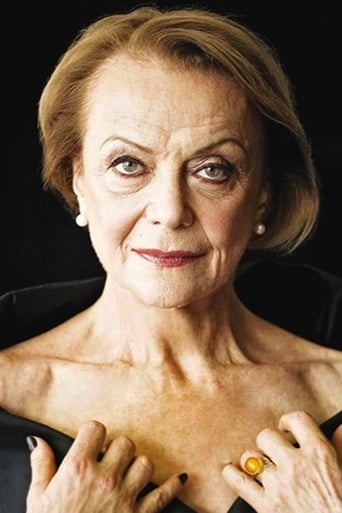dannyadams-1
*POSSIBLE SPOILERS*Flammes is widely considered to be the masterpiece of Madrid-born, but long time Paris- Resident filmmaker Adolfo Arrietta (A spelling which changes in each film he makes seemingly!). Of course when I say widely, it is with the caveat that Arrietta's films are nowhere near as well known as they should be. Hopefully the recent release by Re:Voir of his complete works to date will go some way to rectifying this.Several articles on Arrietta (mostly focusing on this film, truth be told) have suggested the neglect that the filmmaker suffers is due to his best works being produced at times when the attention-grabbing French New Wave of Godard and Truffaut was taking hold. Arrietta's work does not belong to the French New Wave style, nor does it belong to the sister- movement from the Rive Gauche movement of Resnais, Demy or Varda (although it would be easy to liken some of his films to those of Demy). This reason surely holds some validity, but it may also be due to Arrietta's incredible lack of discernible "genre" of the films and the filmmaker. Is the film drama, comedy, fantasy, cinema verité? It seems as if the film is a fantasy work filmed in a verité style- something unique to Arrietta's films. And the filmmaker himself: is he an amateur or auteur? Perhaps he is an amateur auteur! He has made films, often while penniless and living out of bags, whilst doing menial jobs and hoping for the film's investors to pay out. The paradoxes abound and make these films unique and wonderfully so. The film begins with the young girl Barbara having a nightmare in which she is terrified by the figure of a fireman who appears at the foot of her bed: the vision which proves key to the film's later events.Flash forward several years and we meet Barbara the broody young woman, still seemingly haunted by the opening image of the film. What follows appears on the surface to be a bit of a bedroom farce. Doors open, close, flap, are listened through and puzzled over, partners come and go and are swapped, but at the centre is Barbara's wish to live out a certain fantasy. Along the way, we are introduced to a host of intriguing, but thoroughly likable characters. These include Barbara's home-teacher/ best friend Claire (who seems at times "infected" by Barbara's flights of fancy, her half-brother Paul (a young gay man, who seems to have some fantasies of his own) and her father- an exceptional performance by Dionys Mascolo portraying her father's deep affection and simultaneous worry for his daughter with perceptive beauty.The central theme of the film is Barbara's fantasy. At times, dangerous, at others, innocent, these are the catalyst for most of the on screen action. However, the film works so unpredictably that it raises innumerable questions from the viewer. Chiefly: is Barbara- isolated and yearning for experience beyond her home- making her fantasy into reality, or is she losing her mind and making her reality less than a fantasy? A somewhat banal assessment of a complex film, I know, but it is extremely hard to describe without giving too much away. Most of the film takes place in the manor house- at once spacious and claustrophobic- which nobody seems truly able to leave permanently. Perhaps one person does in the end- or perhaps it is just a bit too perfect? Too much of a fairytale? As you can probably tell, this is anyone's guess.It is high time to reappraise Arrietta's work and there are few better places to start than this lovely film. We can only hope that more retrospectives of this fine transgressive filmmaker are held around the world. A must see for those interested in art-house (if not experimental) cinema.




